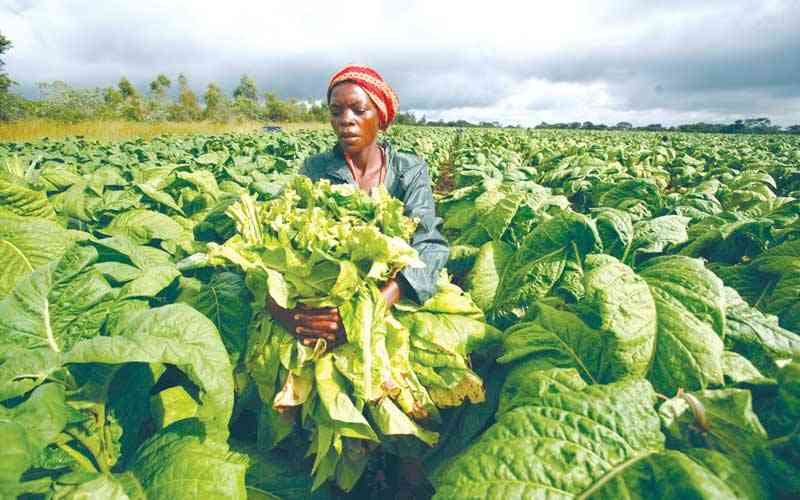
PLANS by government to create the foundation to force those involved in the tobacco industry to value-add the country’s major agricultural export are most welcome and commendable.
According to Agriculture minister Anxious Masoka, government wants to “ensure that there is more value-addition and beneficiation of tobacco” because the country is exporting 98% of its “tobacco in raw form, thereby exporting jobs and value”.
While we are in agreement that Zimbabwe is obviously losing billions of dollars by exporting the golden leaf raw, we would like to advise government to, meanwhile, look and plan ahead given the current spirited onslaught to completely ban tobacco from the planet.
We would like to suggest that we, as a nation, start mulling over lucrative alternatives to tobacco which we can start to promote their production in anticipation of the inevitable: Demise of the golden leaf. We need to start studying global consumption trends and take advantage of Zimbabwe’s already established reputation of providing wholesome agricultural produce.
Whether we like it or not, the tobacco ban threat is as real as the morning sun and as clear as a blue sky. This ban has been decades in the making and Zimbabwe should not be caught napping when the chickens come home to roost.
On May 21, 2003 at the 56th World Health Assembly held in Geneva, Switzerland, the World Health Organisation Framework Convention on Tobacco Control (WHO FCTC) treaty was adopted and came into force on February 27, 2005.
“It had been signed by 168 countries and was legally binding in 182 ratifying countries. Currently, there are 14 United Nations member states that are non-parties to the treaty (eight which have not signed and six of which have signed, but not ratified),” WHO tells us.
The organisation adds: “The FCTC, one of the most quickly ratified treaties in United Nations (UN) history, is a supranational agreement that seeks ‘to protect present and future generations from the devastating health, social, environmental and economic consequences of tobacco consumption and exposure to tobacco smoke’ by enacting a set of universal standards stating the dangers of tobacco and limiting its use in all forms worldwide. To this end, the treaty's provisions include rules that govern the production, sale, distribution, advertisement and taxation of tobacco. FCTC standards are, however, minimum requirements, and signatories are encouraged to be even more stringent in regulating tobacco than the treaty requires them to be.”
The writing is clearly on the wall, so to speak. Let’s not continue fooling ourselves that tobacco still has a golden future.
If this does not send chills down our spines then, being a member of the UN we stand to be deemed a rogue nation if we remain adamant in promoting more tobacco production when we are being told that the product is killing more than eight million people each year.
We can only decide to go against the grain at our own peril.











